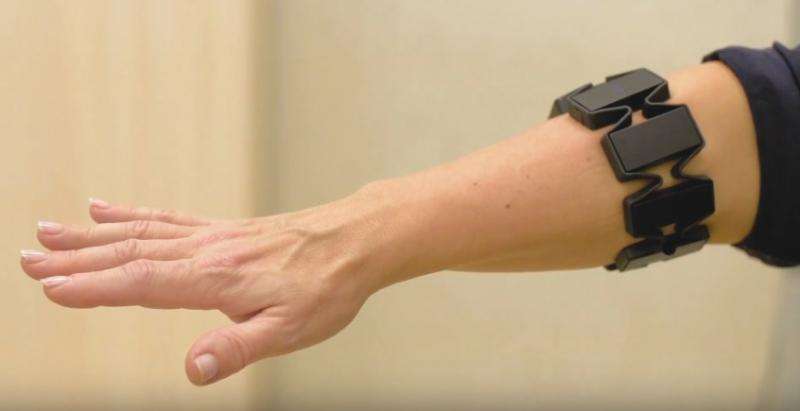Unique technology for diagnosing vestibular function disorders

Researchers of Kaunas University of Technology (KTU) and Lithuanian University of Health Sciences (LSMU) have joined forces developing technology for vestibular system disorders diagnosis and research. This is the first portable diagnosis technology using virtual reality.
According to LSMU Professor Ingrida Ulozienė, dizziness is a very common health disorder experienced by both young and older people.
"Strong systemic dizziness, followed by imbalance, nausea, paleness and perspiration interferes with human activities and can cause great anxiety. If the condition persists, the quality of life, mood and work efficiency suffers. Sometimes, dizziness can be a symptom of more serious diseases. Unfortunately, the condition is relatively difficult to diagnose," says Ulozinė.
An innovative technology developed by the research team of KTU and LSMU universities is a convenient, inexpensive portable device that allows simple diagnosis of dizziness. The device, the Myo armband, is controlled by hand movements based on Samsung Gear VR hardware.
"Our system is portable, uses virtual reality and is controlled by movements. This is the first and so far the only such technology in Lithuania. There are different systems created in other countries, but they are fixed and do not use virtual reality," says Vaidotas Marozas researcher at KTU Institute of Biomedical Engineering.
The innovative technology is now being tested with healthy volunteers. The next step will be testing it with patients, which will take place in the nearest future.
Provided by Kaunas University of Technology


















